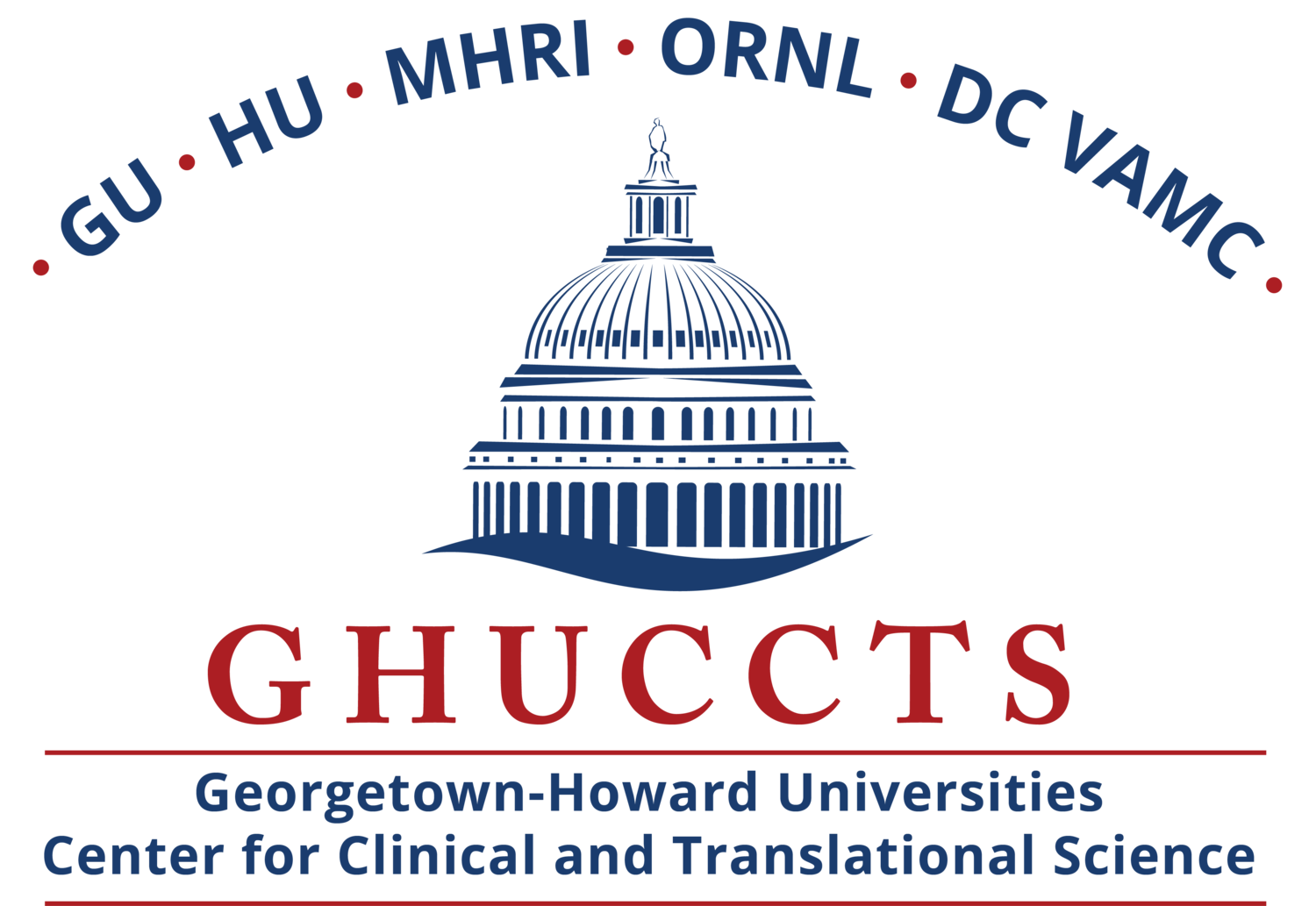Alumni Scholar, Stephanie Davis, defended her thesis today!
We are delighted to announce that Stephanie defend her thesis!
Advisor: Jeffrey K. Huang, Ph.D.
Co-Advisor: Anton Wellstein, MD-Ph.D.
Major: Neuroscience
Title: Immunomodulatory Effects of Interleukin-4 Induced Protein 1 (Il4I1) on Multiple Sclerosis Patient Derived Lymphocytes
Multiple sclerosis (MS) is a chronic inflammatory neurodegenerative disease of the central nervous system (CNS) that afflicts over 2.3 million individuals worldwide. The pathogenesis of MS involves autoimmune destruction of myelin but is poorly understood. Accurate biomarkers are yet to be identified and would provide valuable information to patients and their treating clinicians. Likewise, effective treatments are few and in high demand. Interleukin-4 induced protein 1 (IL4I1), a secreted enzyme expressed by immune cells, is a promising candidate for both roles.
Here we show that IL4I1 regulates the immune system via T-cell modulation, promoting CNS remyelination and improving motor symptoms in MS-model mice. Never before studied in human MS, IL4I1 is known to enhance immune evasion of some human cancers, suggesting that
the immune-modulating properties of IL4I1 may extend beyond mouse models, to true MS. It has been proposed that IL4I1 targets TOB1, a Th17 antiproliferative protein inversely correlated with risk of developing MS. Therefore, it is possible that IL4I1 levels also correlate with disease state.
To elucidate the role of IL4I1 on inflammation in humans and to identify its potential in patient remyelination, the inflammatory profiles of peripheral blood mononuclear cells (PBMCs) and blood plasma from healthy controls and MS patients are quantified by at baseline, following T-cell stimulation, and after treatment with IL4I1. We find that endogenous IL4I1 expression is reduced in MS, and that IL4I skews T cells to a regulatory state in healthy controls. We confirm that IL4I1 promotes TOB1 expression in healthy controls; however, we see no such effect in MS patients, who express reduced levels of TOB1 at baseline. These results suggest that an IL4I1-
TOB1 immunomodulatory pathway is perturbed in MS and may be a hallmark of disease.
Finally, we show that the in vitro immune-modulation of human lymphocytes by IL4I1 translates to enhanced remyelination in vivo. Focally demyelinated nude mice exhibit increased myelin staining following injection of human IL4I1-treated human lymphocytes into the lesion. We conclude that IL4I1 demonstrates potential as an immune-modulating and remyelination-enhancing therapeutic in MS, and that its relevance to MS warrants investigation in larger cohort MS patient studies.




